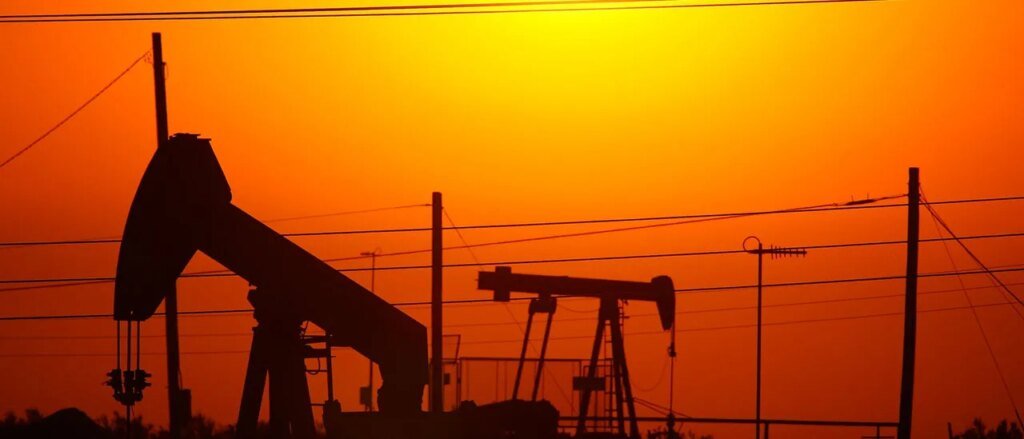Concerns Over IEA’s Political Shift in Energy Forecasts
The US Energy Secretary, Chris Wright, recently indicated that the International Energy Agency (IEA), led by Fatih Birol, is contemplating withdrawing US membership due to its increasingly political approach in energy matters. In July, he expressed concerns about the modeling methods used by the agency in their reports and forecasts, suggesting they have shifted more towards advocacy instead of relying solely on factual analysis.
This apparent trend is not new; it stems from a deliberate change in the IEA’s mission that has been evolving since the Covid Pandemic. As of 2022, the Agency’s Governor’s Committee has aligned its focus with the 2016 Paris Climate Agreement, prioritizing analyses that support the establishment of net-zero emissions energy systems, which is, perhaps, a bit of a departure from the previous focus on actual energy-related data and policies.
Wright commented on how the IEA seems to be taking on a role as cheerleaders for energy transitions that may not actually be occurring. The agency has moved away from its long-established “current policy” modeling scenario, often considered the foundation of reliable forecasting. This has led to a more optimistic perspective grounded in governmental intentions, rather than concrete realities. As a result, the IEA has started making bold predictions, such as declaring a peak in global oil demand by 2029—claims that many find questionable.
This kind of forecasting, some argue, reinforces the misguided belief that oil companies have ample reserves, which in turn complicates financing for new oil projects that might be necessary in the future.
In his capacity as the administration’s principal energy policymaker, Wright has been tackling the very real energy security challenges facing the US. He believes that spending taxpayer money on the IEA’s advocacy is not a prudent use of resources. He stated in a July interview with Bloomberg, “We have two options: reform or withdraw from the IEA’s current operations,” adding that he strongly favors reform.
Interestingly, just under two months later, an article by Javier Blas in Bloomberg noted that the “myth of peak fossil fuel demand is crumbling.” He pointed out that the upcoming annual report from the IEA is expected to reflect decades of sustained fossil fuel demand, contradicting earlier predictions of a peak in oil demand before 2030. Blas showed that the IEA’s new projections align more closely with forecasts from both OPEC and Exxon Mobil, suggesting that demand is set to rise beyond 2050.
It remains uncertain if this change is in direct response to Wright’s concerns or simply a realization of existing market dynamics. Regardless, there’s hope that the IEA will revert to its former role as a credible analyst providing factual insights about the global energy landscape.
Ultimately, there is a pressing need for well-supported advocates for the ambitious climate goals of the community. If the IEA’s forthcoming report brings a more realistic perspective, it could serve as a significant win for all stakeholders involved, regardless of the underlying motivations.







